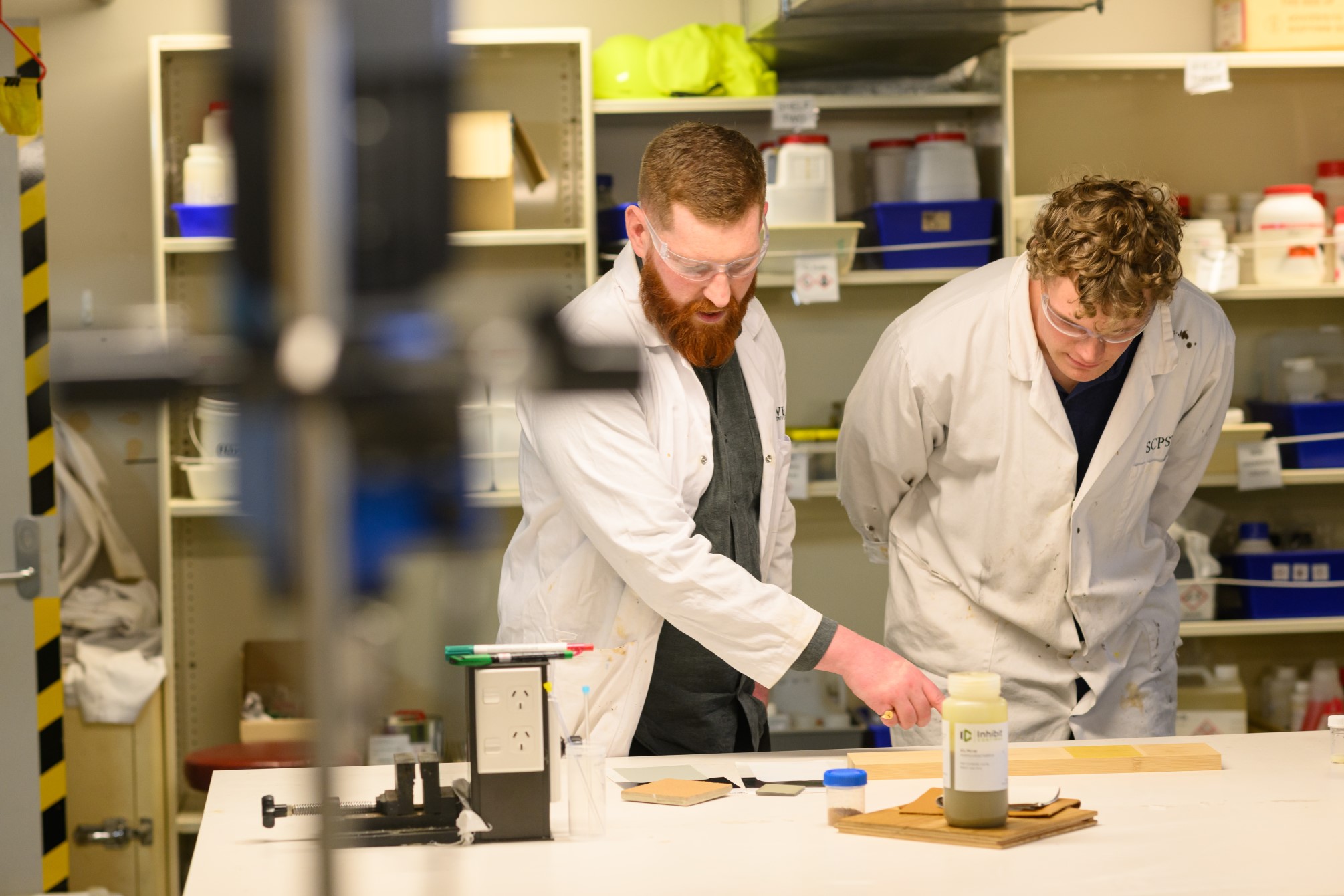Types of intellectual property
Ideas come in all sorts of shapes and sizes. There are a few different ways you can protect them. Not sure what you need? Find out below.
Trade marks
Distinguish your goods or services in the market place by using a trade mark. Your trade mark could include words, logos, shapes, colours, sounds, smells or any combination of these.
- Protects your logo, name and brand
- Costs $100 per class, excluding GST
- Takes a minimum of 6 months to acquire
- Can last up to 10 years before renewal
Copyright
Created automatically with original work, like artwork, books, websites, computer programs, drawings, plays, films, music, and sound recordings. You may use the symbol © to help you demonstrate that you claim copyright in a particular work, but you do not need to.
- Protects original works
- Free
- Automatic right
- Duration varies depending on the category
Patents
A patent gives you a legal right to stop others from making, using, or selling something you have invented for up to 20 years. Your rights only exist in the country or region where your patent is granted.
- An exclusive right for a new invention
- Costs $250 to apply, excluding GST
- Takes a minimum of 6 months to acquire
- Can last up to 20 years

